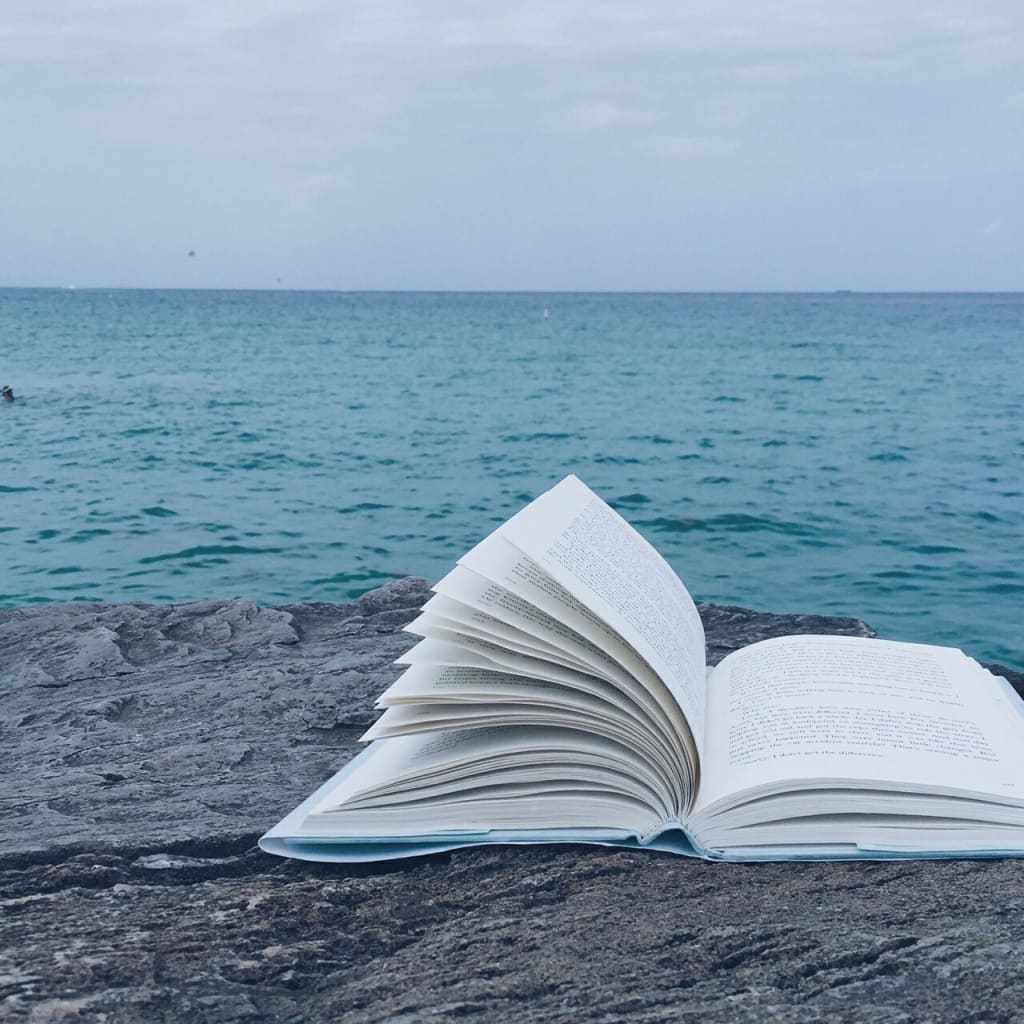
Recently, I have been looking at translations in fiction and I have noticed that some translations are better than others. For example: JD Smith's translation of the "Mahabharata" is possibly one of the better translations into English that I have seen. Constance Garnett is one of the most famous names in translation literature - possibly most famous for the following translations of hers (some of which are still in print today!). Check these out if you can find them:
- The Brothers Karamazov by Fyodor Dostoevsky (1912, Heinemann)
- Notes From Underground by Fyodor Dostoevsky (1918, Heinemann)
- Anna Karenina by Leo Tolstoy (1901, Heinemann)
- War and Peace by Leo Tolstoy (1904, Heinemann)
- Fathers and Children by Ivan Turgenev (1895, Heinemann)
- The Bishop and Other Stories by Anton Chekhov (1919, Chatto and Windus)
And if you like Garnett's translation of "War and Peace" by Leo Tolstoy then I guess you might love the first American-English translation of the book by Ann Dunnigan. Translated for the New American Library Press in 1968, Ann Dunnigan went on to translate Tolstoy's major work after working on translations of the stories of Anton Chekhov.
When we look even closer at translations, we come to studying how different translations differ according to place and time. For example: even though the people of the USA and the people of the UK speak the same language, the translations by Dunnigan and Garnett are still aptly different.
But, there are some translations which are not so great. This is no fault of the translator, but some languages do not translate well into other languages due to the limiting factors of one language in the equation. For example: if I were to translate a novel from Japanese into English, I would have to do it very carefully and cut out some of the concepts and simplify some of the wordings. This is because the Japanese language has complexities that aren't seen in English. The English language also has synonyms for words which aren't seen in Japanese.
This is exactly what happened to my disappointment in reading Yukio Mishima's "The Frolic of the Beasts". I decided to read a few of the passages in Japanese and the entire book in English. I can honestly tell you that the translation I read into English was not a very good translation. And from studying the Japanese language, I could see why. It was very difficult to give a true interpretation of concepts that were only available in complex reading systems of the Japanese language. But in English, the synonyms that were used to describe were far more complex than the Japanese language and so, I was partially surprised at the way in which this was moved from one to the other. Surprised because there should have been more translators approving of this work or disapproving it.
Anyways, enough of my rambling about translations. Let us move on to having a look at numbers 461 through to 480!
461-470
461. Narcissus and Goldmund by Hermann Hesse
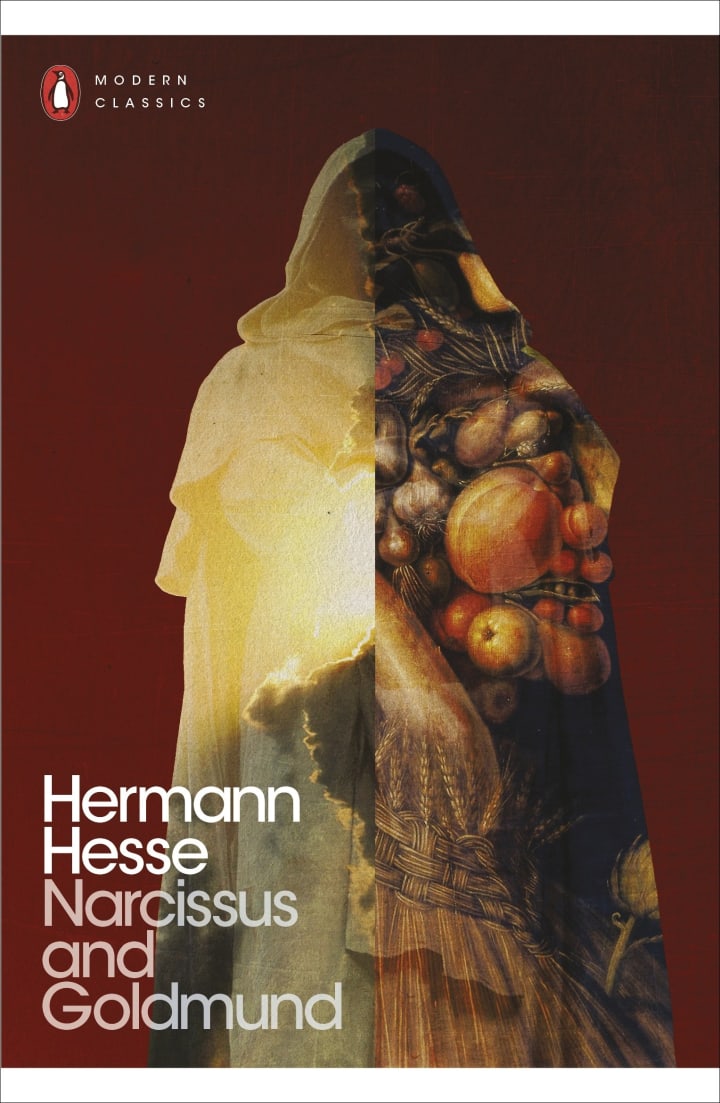
Not my favourite Hermann Hesse novel, but definitely a very good read. I loved the way it mixed the more modern aspects of personality and psychology with the older, more archaic setting. It reminded me somewhat of Umberto Eco's "The Name of the Rose" in that way. However, the personalities it mixed were incredible. Narcissus is this dark, intense personality with a complex Shakespearean Tragic Hero vibe to him. He's cunning and multi-dimensional. Whereas Goldmund is the opposite. Even though he too, is complex - he's also childish, reckless and impassioned with raising havoc. He's got more of a jester vibe to him. It was clever but not the smartest Hesse novel I've read. That would be "The Glass Bead Game".
462. The Forest of Thieves and the Magic Garden translated by Phyllis Granoff
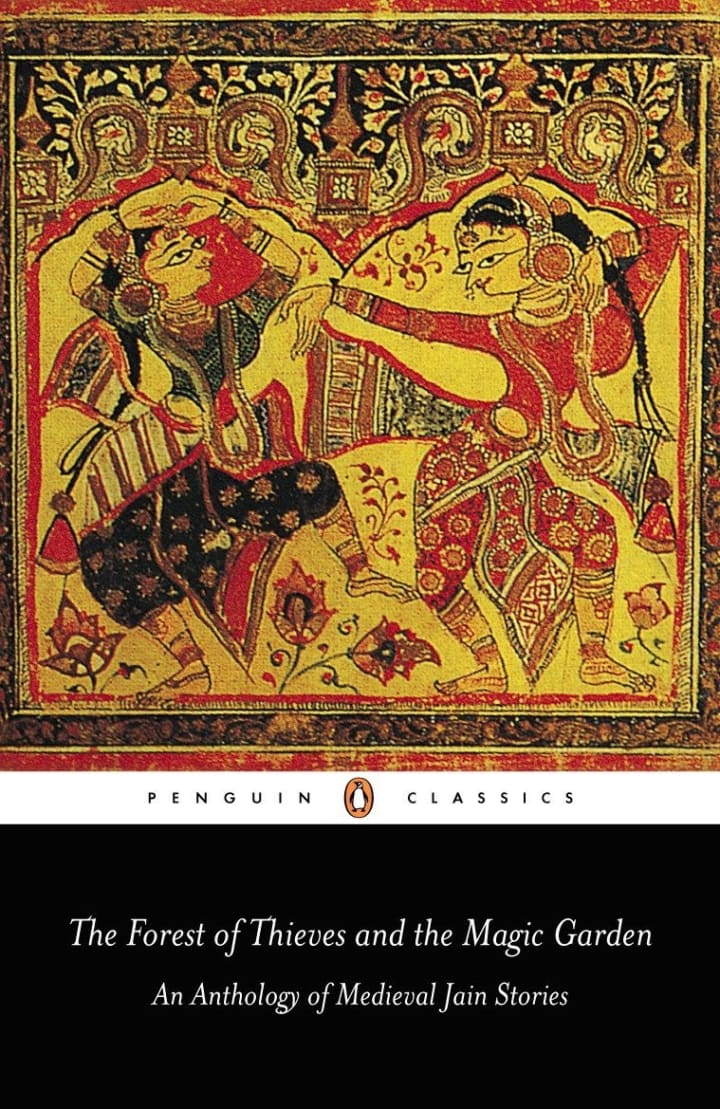
These stories were like nothing I've ever read before and the one theme I saw was that people were recognising the strangeness and errors of their lives and then, they would become nuns or monks accordingly. There was actually one story where a woman was so pious in her fasting that she ended up starving herself to death and apparently that was a good thing. The book is filled with fasts, births and deaths, people becoming monks and even babies becoming monks. There's a story where a newborn baby is taken away from his mother to become a monk and yet, he does it from his own accord and when his mother calls him - he doesn't go to her. The ending to the story is weird but it's well written. It was such an incredible anthology.
463. The Five and Twenty Tales of the Genie by Chandra Rajan
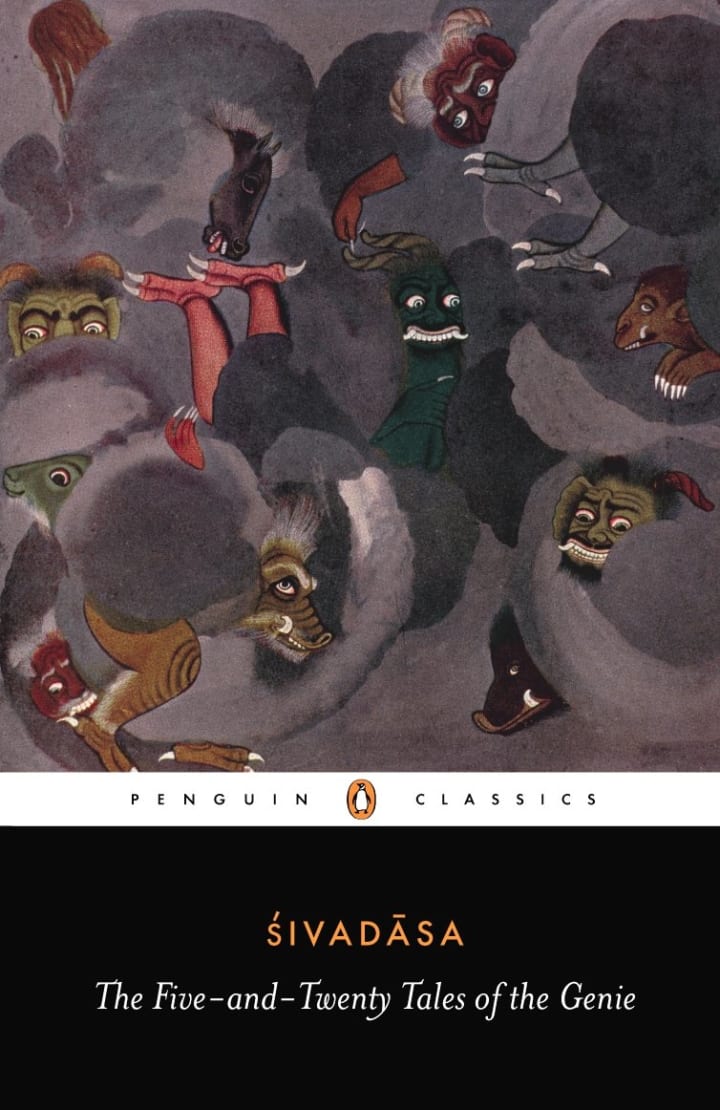
I'm not going to lie, this wasn't my favourite book ever and probably not even close. I found that a lot of the stories were rather detached from reality and were based in the royal courts of this and that. However, the morals of the stories were rather far away from what would've been happening in the courts. I found that the stories were also rather abrupt in their endings. Though the concept of the collection was there, the stories were predictable and rather uninspired.
464. The Journey Through Wales and the Description of Wales by Gerald of Wales
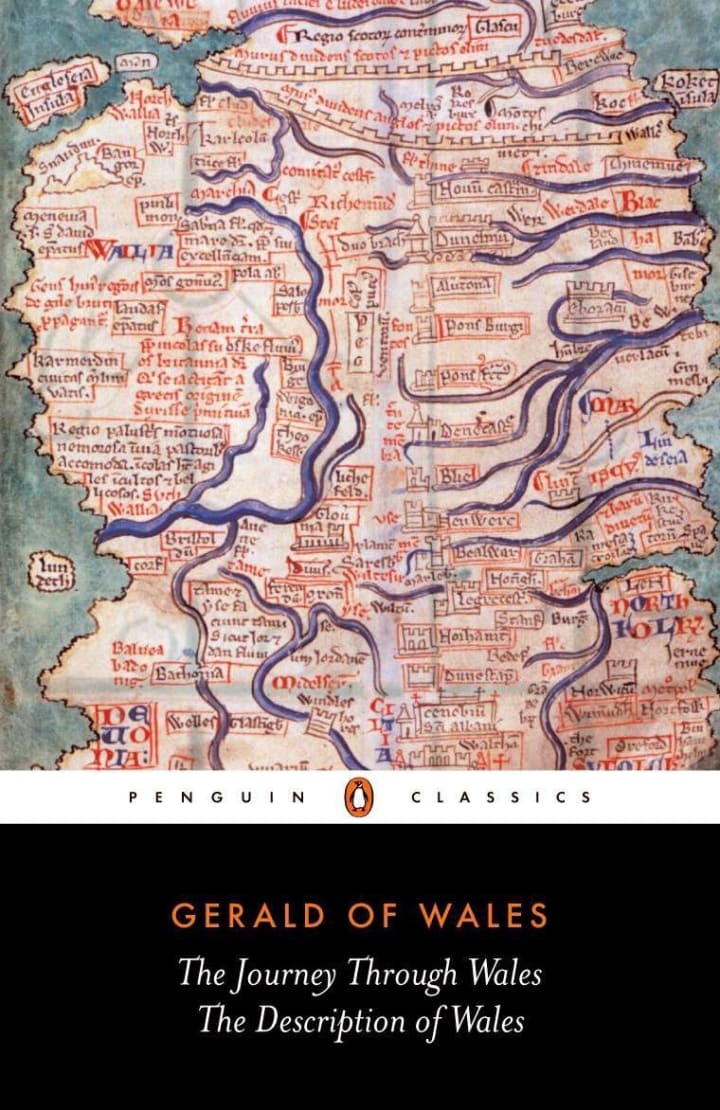
I loved this book so much I didn't want it to end. As you can probably tell, I love travel narratives. Especially when people describe where they are in a lot of detail and very poetically. The first part is about each step of the journey around wales and then the second part is about the descriptions to do with Wales. I loved the way the travels were described because Wales at that time seemed like such a beautiful and idyllic country and so, my theories were proven correct. It was a beautiful, beautiful book.
465. Marcovaldo by Italo Calvino
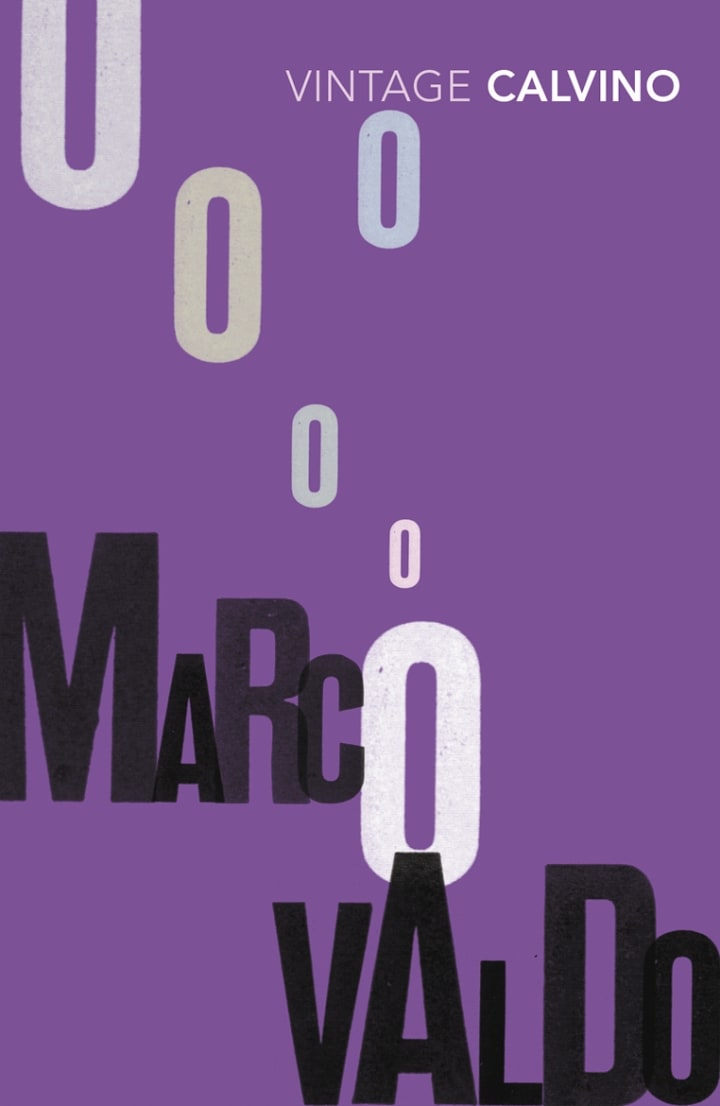
Italo Calvino was a great writer and this one is twenty stories all based around the same character, named Marcovaldo. The story that stood out to me is when he goes outside to get some sleep and yet, he cannot sleep. He goes outside to get sleep because his children are too loud and his wife snores and then wakes up and yells at him. However, when he gets outside, he finds there are other distractions too. There's also a story about hoarding mushrooms that are growing in a secret location.
466. Letters from Russia by Astolphe de Custine
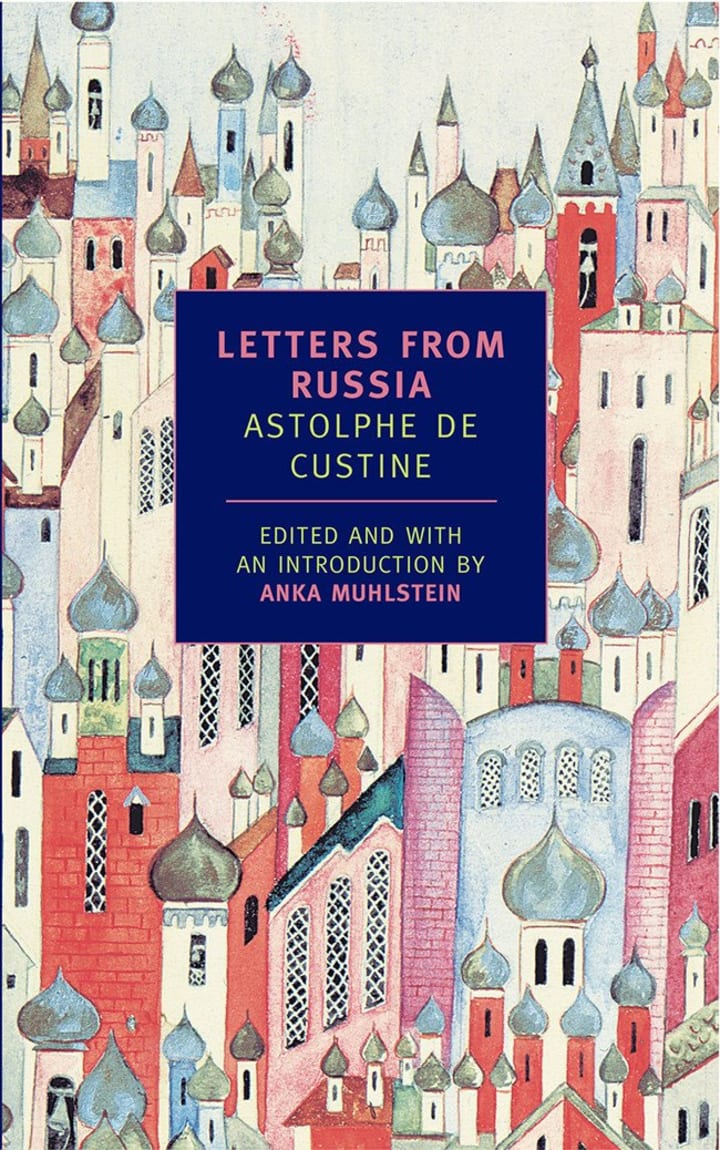
I love this book so much because the way in which it critiques Russian society from the outside. There are passages about how the Russian people love society in front of the Tsar but, once the Tsar isn't looking - they are pessimistic and upset with their position. I love the way it talks about having rich palaces like the Winter Palace and then down the road, slums and homeless people. It is a brilliant book with such incredible emotion. It's set in the 1830s and has such rich and arduous history. It speaks on everything from Russian society to their belief systems, Peter the Great St. Petersburg as a falsified city of greatness.
467. The Street by Ann Petry
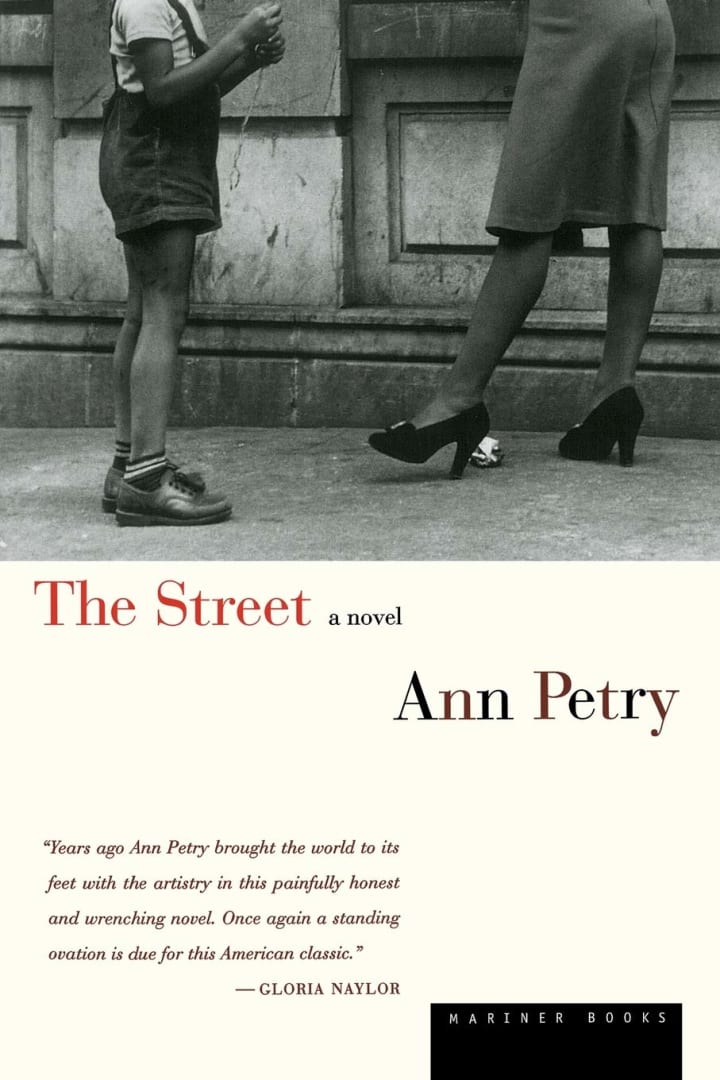
This Harlem Renaissance book isn't probably the best Harlem Renaissance book I've read but it sure has some themes you don't normally see of this particular era. First of all, it's about a single mother and so - it makes it different to most Harlem Renaissance novels. Secondly, it has a backdrop of the war and so, it is different to a lot of Harlem Renaissance novels which are set against a backdrop of the Great Depression. Finally, the language isn't as poetic and optimistic. It's more raw and realistic. Even though that may be a good thing for a while, it can get slightly boring to read from time to time.
468. Save Me the Waltz by Zelda Fitzgerald
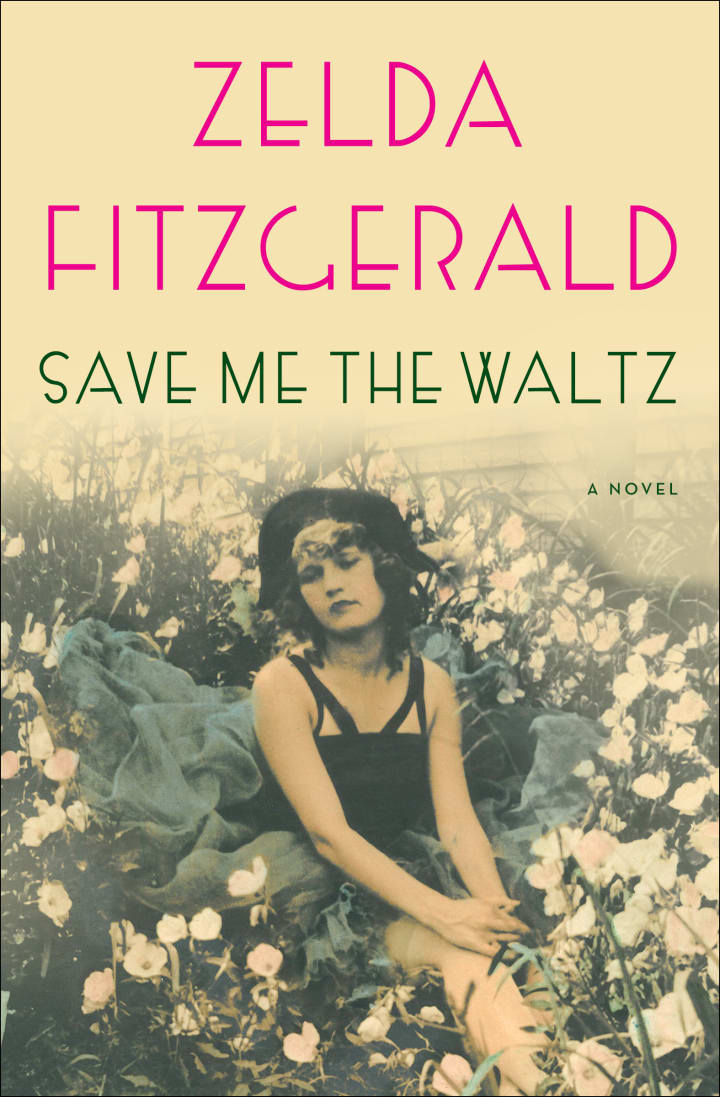
The only novel by Zelda Fitzgerald, it is about three sisters on their way to discovering the world and at the age where they are meant to. However, they are held back by dictatorship parents, mainly the father, who wishes them to stay at home or gain a good husband. When the girls disobey in many different ways, it becomes clear to one of them that they must get out of that house if they ever want a life of their own. It's a pretty brilliant book and honestly better than most of the things her husband wrote.
469. Cakes and Ale by W Somerset Maugham
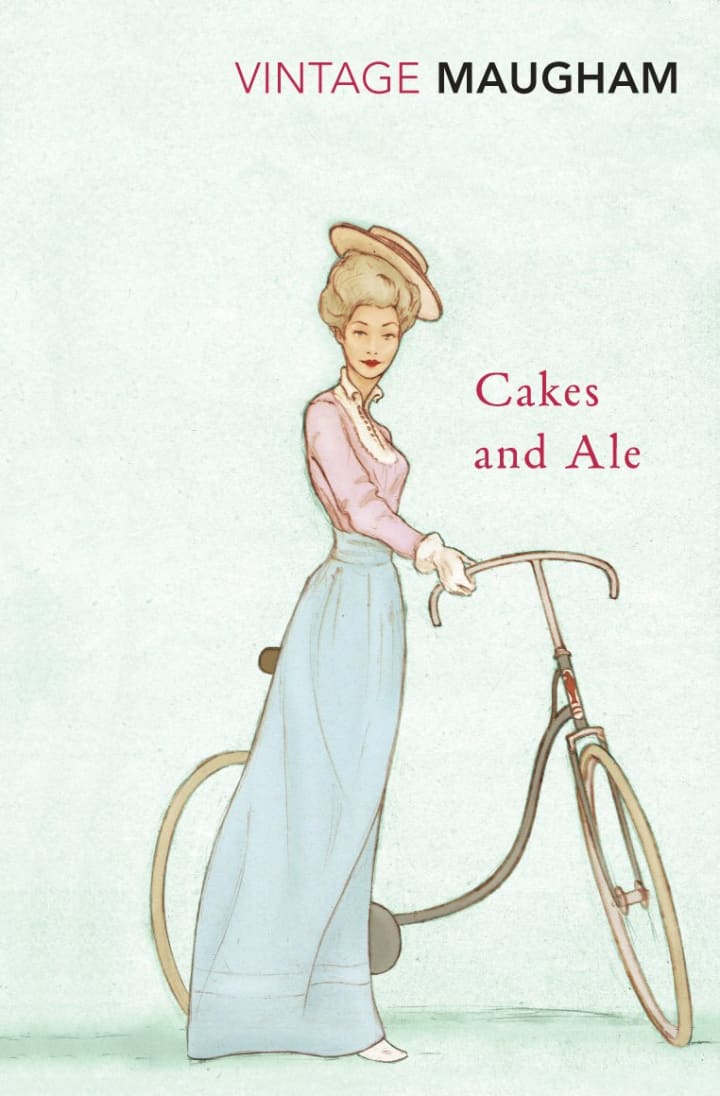
This book is about a man who wants to have his biography written after writing many successful novels and becoming a part of the elitist London literary social scene between the world wars. However, the man that everyone once new is a very different human being and that is clear from the biography that is being developed. With a lost love and many other secrets, his whole world is about to unfold to those who thought they knew him. Not my favourite Maugham, but a very good concept and set during a very interesting time.
470. Maldoror and Poems by Lautreamont
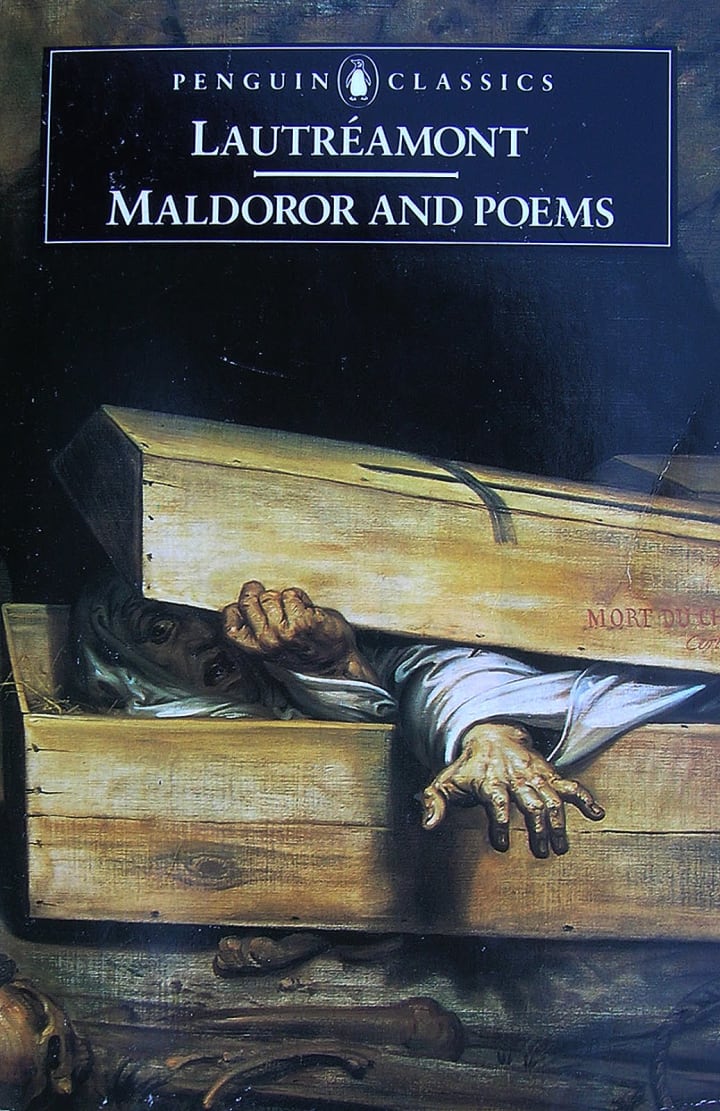
Honestly, I didn't know what this was about when I first bought it and I had never even heard of it or its author before. However, only part way through the book I realised that it was like nothing I'd ever read about human cruelty before. And I've read a lot of stuff about human cruelty. This book basically has all the making of a really old splatter horror novel and even has uncomfortable aspects of child abuse. It's gory, brutal and contains extremely disturbing passages.
471. Books v. Cigarettes by George Orwell
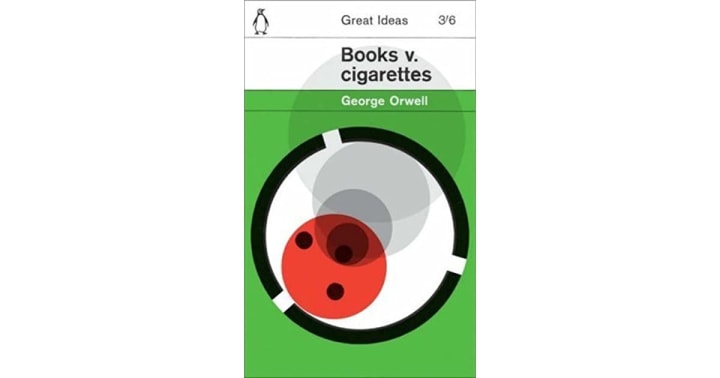
This was an interesting book by Orwell because it's not just all about politics and socialism. This book is about Orwell trying to rationalise whether he spends more money on books or more money on cigarettes. This is an interesting book about his lifestyle and the way he spreads out his money however, he also makes a lot of social comments about the reading public and well, what is left of it. Although it is short, it is still a brilliantly interesting book and I recommend it to anyone looking for a break from his social commentary and satire.
472. Liars in Love by Richard Yates
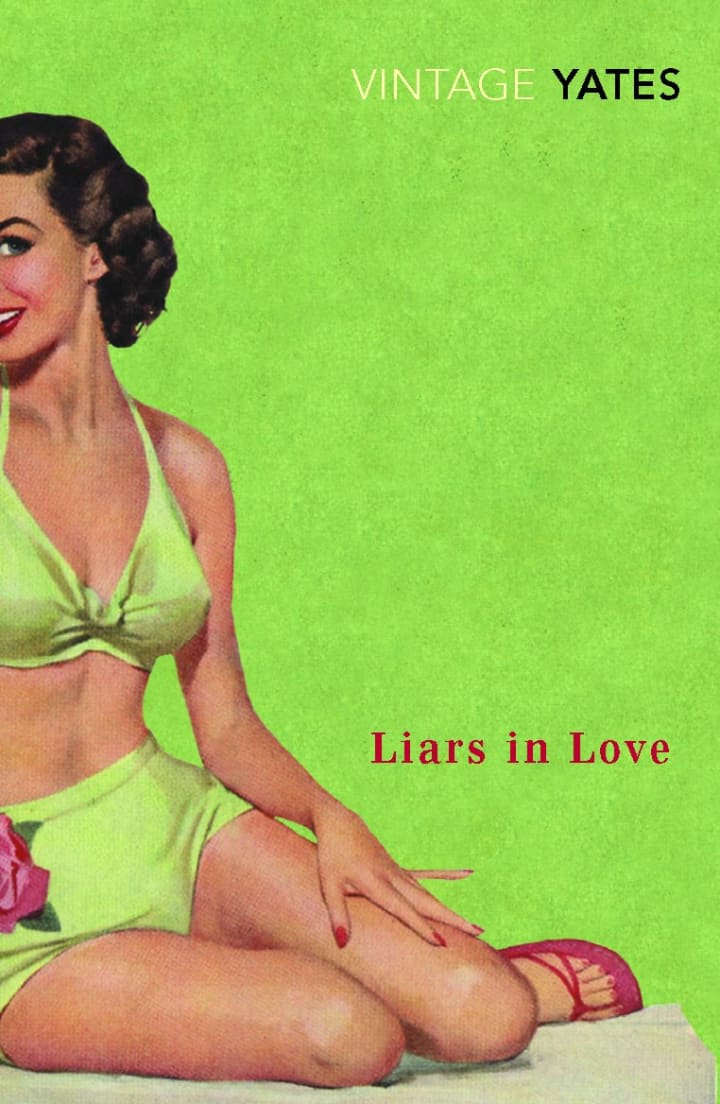
There are several stories in this book about disintegrating marriages and human relationships building and failing. One thing Richard Yates is good at is depicting the way in which humans behave in times of change, especially when they're in it together. One story that stuck out for me was "I'm So Tired Joseph" which is basically about a marriage in times of trouble and we see that communication, in fact, changes massively over the course of the short story.
473. The Flight From the Enchanter by Iris Murdoch
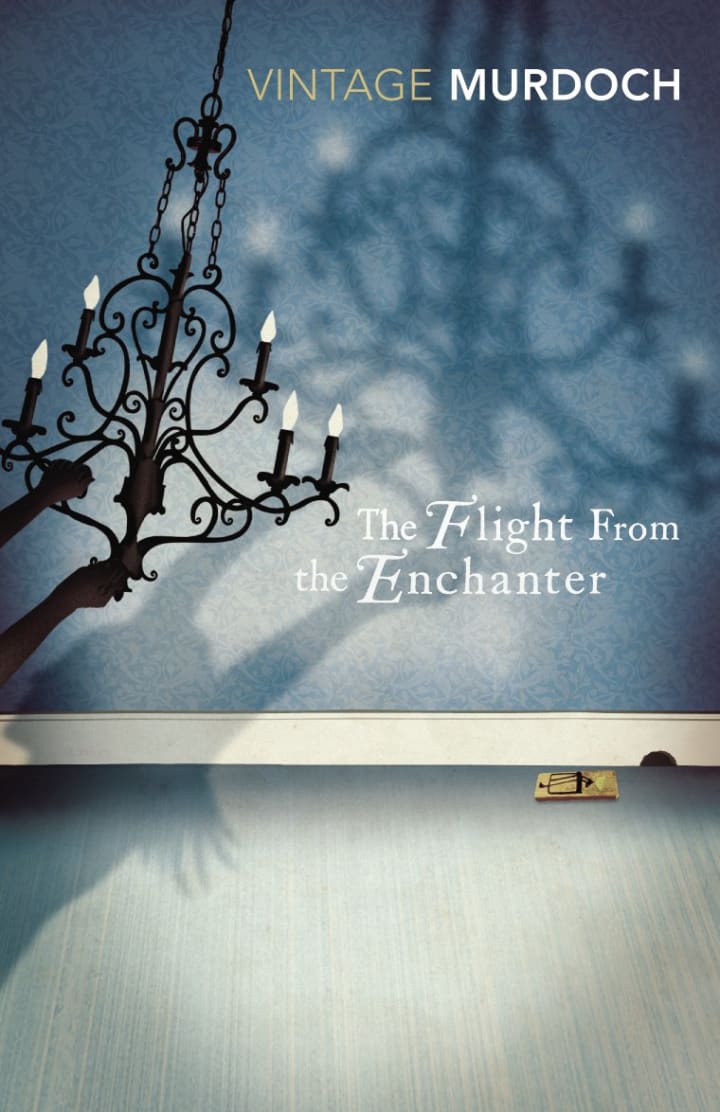
This book is about an 'enchanter' who gets turned down on a marriage proposal. It's also about a girl called Annette who tries to get out into the world only to fall into the enchanter's grasp. But maybe, the enchanter has just about met his match. With aspects of what I thought sounded like human slavery, this book is seriously messed up if you really think about it. But yet, it is nowhere near as good as her novel "The Sea, The Sea".
474. A Disaffection by James Kelman
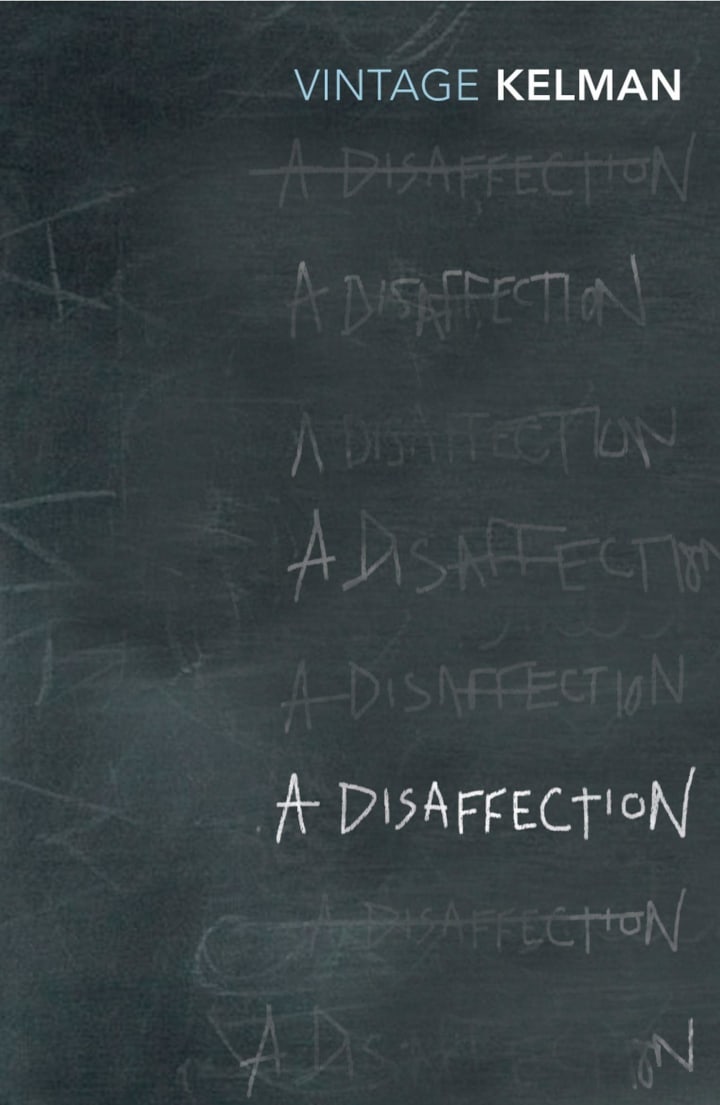
This book is about a man called Patrick. He's a teacher and he hates his job but he also loves another teacher called Allison. However, Allison doesn't like him back and this sends him into an obsessive frenzy. He's like an incel type of character - never really been in a relationship and you can see why. Unattractive, kind of a loser, not very intelligent, he has nothing going for him. When he starts to get even more obsessive, it becomes more and more of a problem. Though I hated the main character because, come on, how could you like him? I really enjoyed the writing style because it was different without being over the top.
475. The White Guard by Mikhail Bulgakov
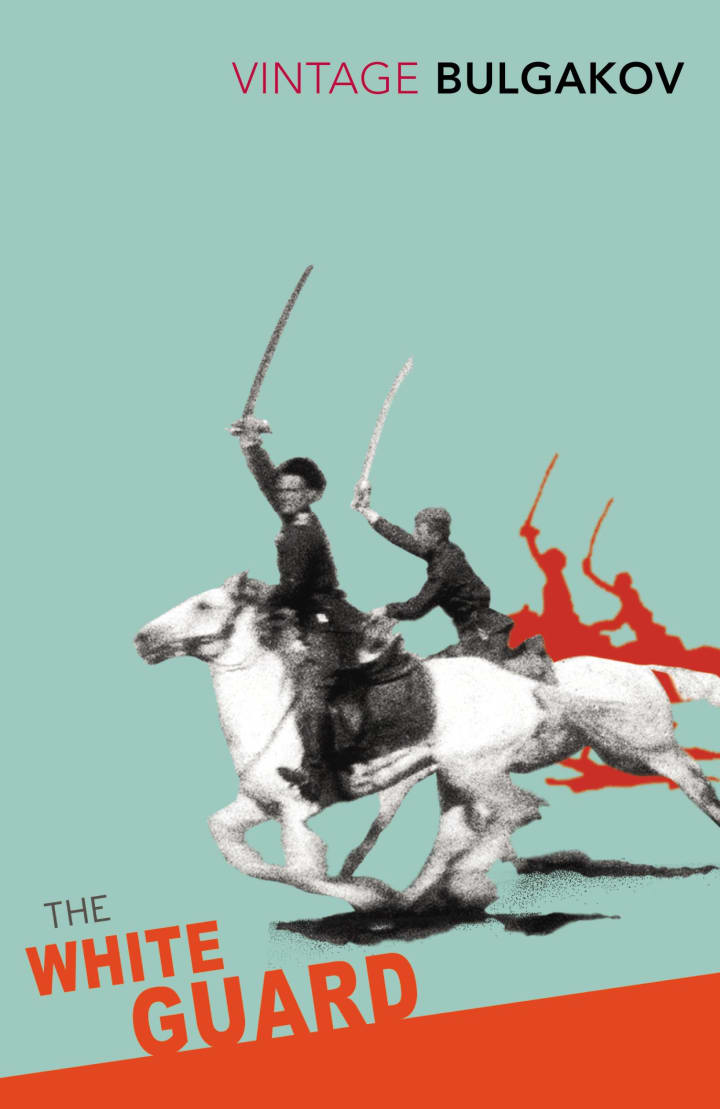
This book is about a family called the Turbins living in aristocratic high society Russia. The matriarch of the family has just died and then, we are taken to the rise of the Russian Revolution in 1917-1919. We observe as this family who was so used to their rich and powerful lifestyle is reduced to having to live in cooperation with how the revolutionaries tell them to or they will suffer greatly. As we see the children develop through the revolution, people change, especially the youngest child - Nikolka.
476. Adam, One Afternoon by Italo Calvino
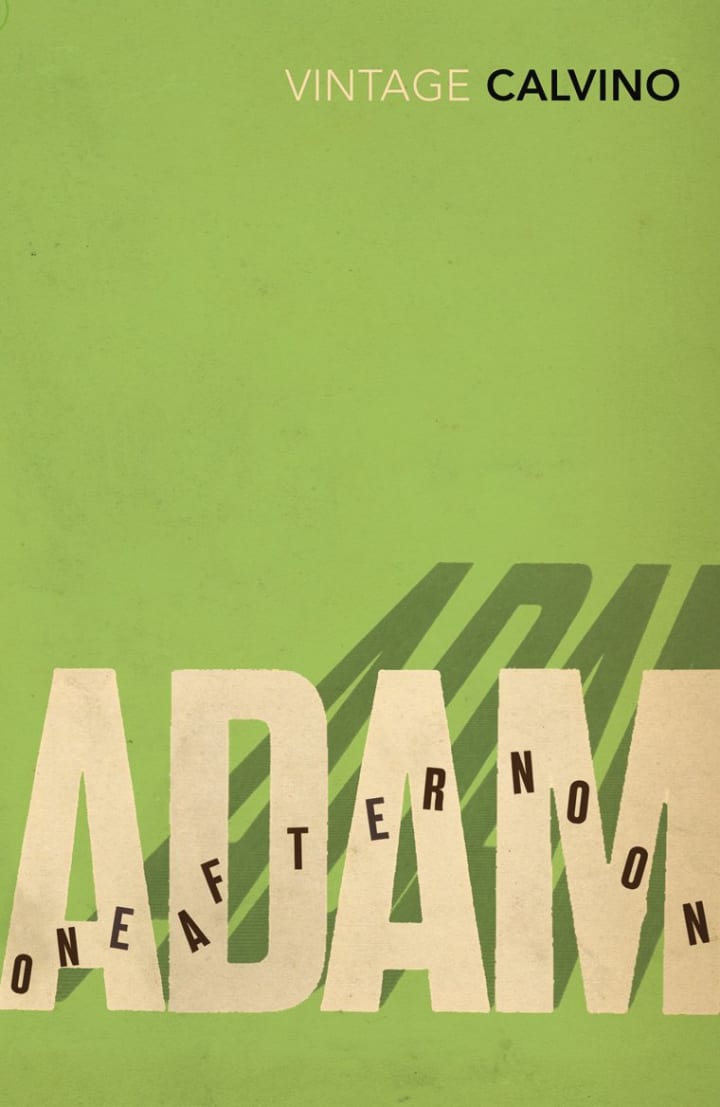
This is a book of short stories by Italo Calvino and though it isn't as funny or satirical as his other efforts at short stories, they are still just as bizarre. I loved the story about this man and woman who go for a dip in the river but then go to eat what is essentially forbidden cake. The seaweed fight makes everything look slightly odd but, as with everything by Calvino, nothing is really as it seems. Everything is something else. A relation between a father and son in which one grows up to be like the other over the course of the story, it is a brilliant piece of writing.
477. Soldier’s Pay by William Faulkner
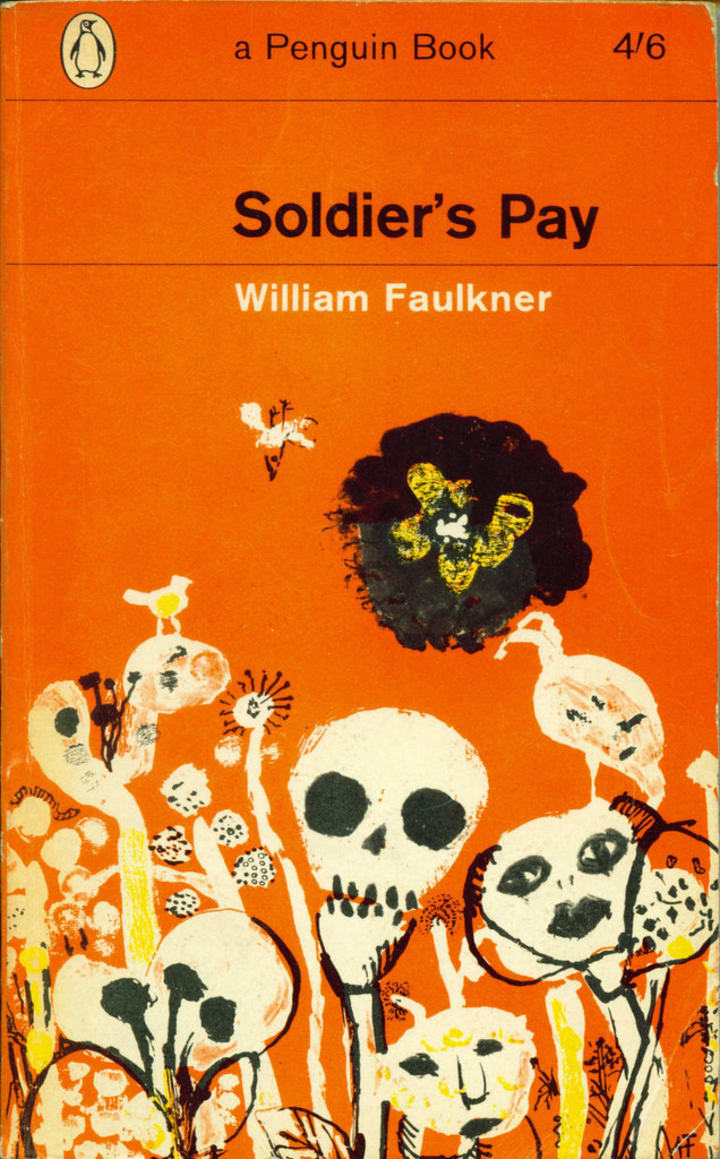
This was Faulkner's first ever published novel and I have to say though you can see that his writing style is still developing, you really get that strong emotive sense that pervades through the Faulkner Southern Gothic. From the rage of Thomas Sutpen in "Absalom, Absalom!" we find an influence in the frustrations of our main character who must go through the rest of their lives with a hinderance on their part. From novels like "As I Lay Dying", we have the patience of secondary characters, the emotional movement and the great wide plains of a changing America.
478. Familiar Stranger by Stuart Hill
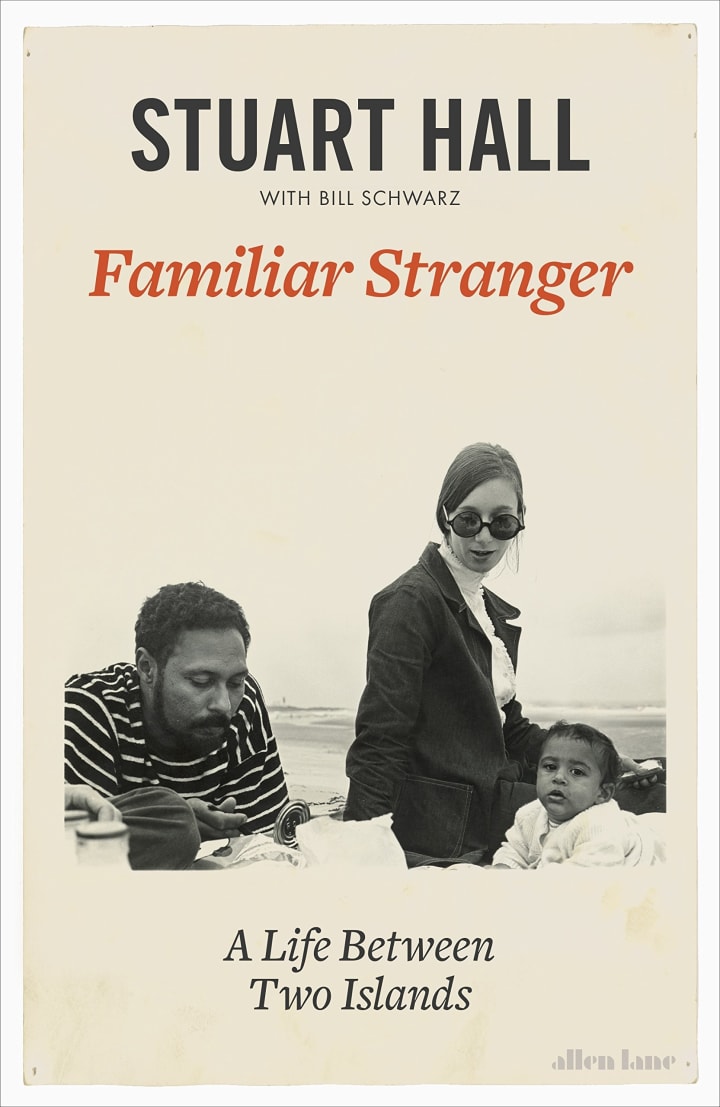
This book was totally my thing. It's about a family that moves out of the sweltering heat of beautiful Jamaica to England during the depression era of the 1930s. It represents the story of cultural shifts, time changes and the way in which assimilation can be quite difficult and challenging even if you've lived in a country for the vast majority of your life. It is just a brilliant book with so much vast description and I don't know why I hadn't read it until now. This book was just beautiful.
479. The Marriage of Cadmus and Harmony by Roberto Calasso
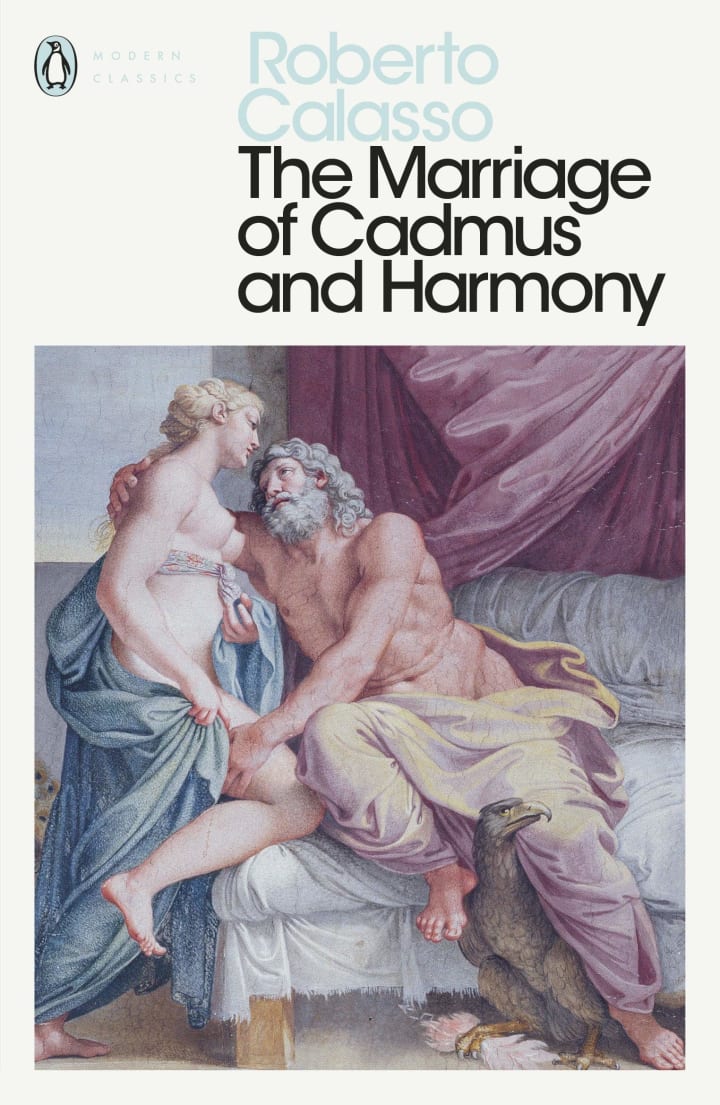
This book was actually quite upsetting for something that's supposed to be about a wedding. Then again, it is about Greek Mythology. I went through this book looking carefully at the quotations on tragedy and it simply suggests that all tragedy is contradiction. Well, in this book I can tell you that every character - especially Zeus - is a contradiction. It is a brilliant book because it will absolutely enrage you, there is a whole passage on how the women hang themselves. A powerful reworking of classical mythology, it leaves out no details and spares no souls.
480. The Magic Lamp by Ben Okri
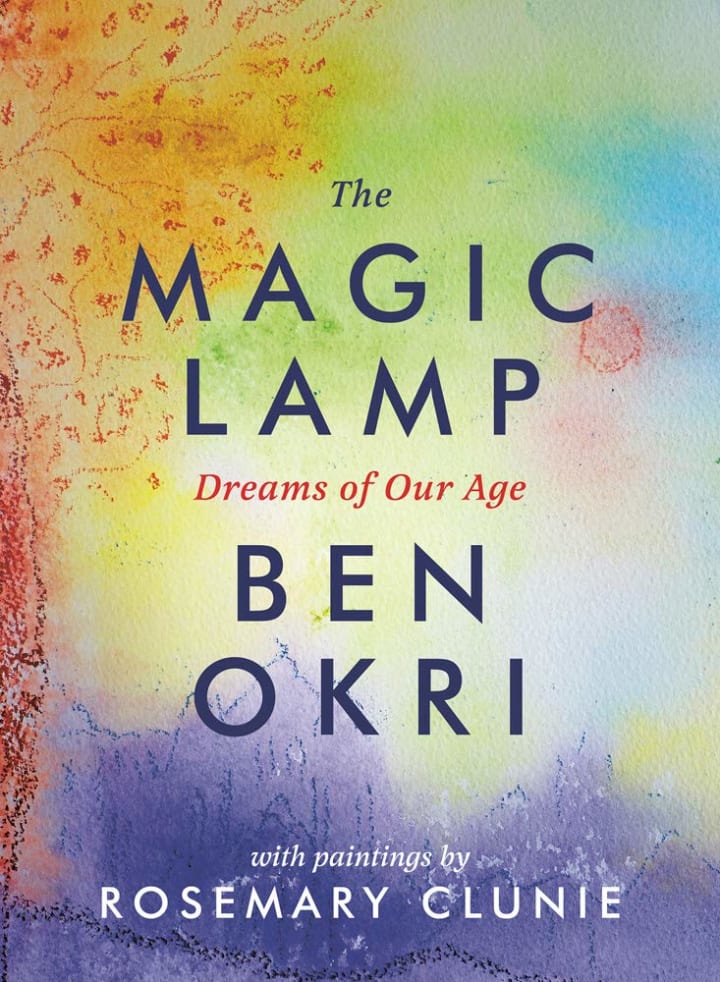
Ben Okri has appeared in our list before with his extraordinary work "The Famished Road". This 25-part story series is basically a dream sequence of fairytales for adults. The reason I love it is because it makes philosophical conversation out of something as simple as birdsong and that there are paintings to go along with it. It is a beautiful book if you care to read it. Both the visual cues by a very talented artist and the writing by one amazing author make for amazing stories that you can really ponder on.
About the Creator
Annie Kapur
200K+ Reads on Vocal.
English Lecturer
🎓Literature & Writing (B.A)
🎓Film & Writing (M.A)
🎓Secondary English Education (PgDipEd) (QTS)
📍Birmingham, UK






Comments
There are no comments for this story
Be the first to respond and start the conversation.